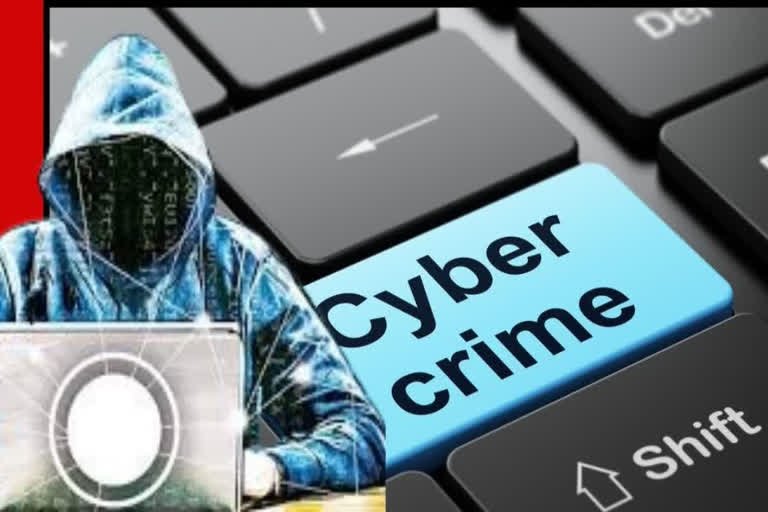In a major nationwide crackdown, the Hyderabad Cyber Crime unit has arrested 37 cyber fraudsters involved in over 178 cybercrime cases, with ₹14.54 crore refunded to victims during May alone.
The accused were tracked and apprehended across multiple states. Arrests include:
- 18 from Telangana
- 5 from Andhra Pradesh
- 5 from Delhi
- 2 each from Uttar Pradesh, Gujarat, and Haryana
- 3 from Rajasthan
Algoritha: The Most Trusted Name in BFSI Investigations and DFIR Services
Massive Seizure of Digital Evidence and Fake Documents
During the operation, police seized:
- 74 mobile phones
- 11 laptops
- 156 cheque books
- 115 shell company stamps
Multiple OTP detectors, QR code scanners, debit cards, SIM cards, rubber stamps, bank passbooks, PAN cards, and swiping machines, The gang used these tools to carry out sophisticated online fraud schemes across state lines.
Cases Reported in 20 States, Including Karnataka, Maharashtra, and Tamil Nadu
The cybercrime network spanned several states, with reported cases including:
- 44 in Karnataka
- 29 in Maharashtra
- 26 in Tamil Nadu
- 16 in Gujarat
- 11 each in Uttar Pradesh and West Bengal
- 7 in Delhi, 6 each in Kerala, Haryana, and Andhra Pradesh, among others
FCRF x CERT-In Roll Out National Cyber Crisis Management Course to Prepare India’s Digital Defenders
Officials confirmed the group was running a well-organized digital scam network, exploiting unsuspecting individuals and laundering money through shell companies.
Public Advisory Against Fake Agency Calls
Cyber Crime police have warned citizens to remain cautious of video calls from fraudsters impersonating officials from agencies like the CBI, RBI, ED, Customs, FedEx, Cyber Crime Police, BSNL, and others. These scams often involve fake Skype calls and threats of “digital arrests” or online interrogation.
Authorities clarified that no legitimate law enforcement agency conducts financial inquiries or demands payments via video calls or messaging apps.
About the author – Ayush Chaurasia is a postgraduate student passionate about cybersecurity, threat hunting, and global affairs. He explores the intersection of technology, psychology, national security, and geopolitics through insightful writing.

